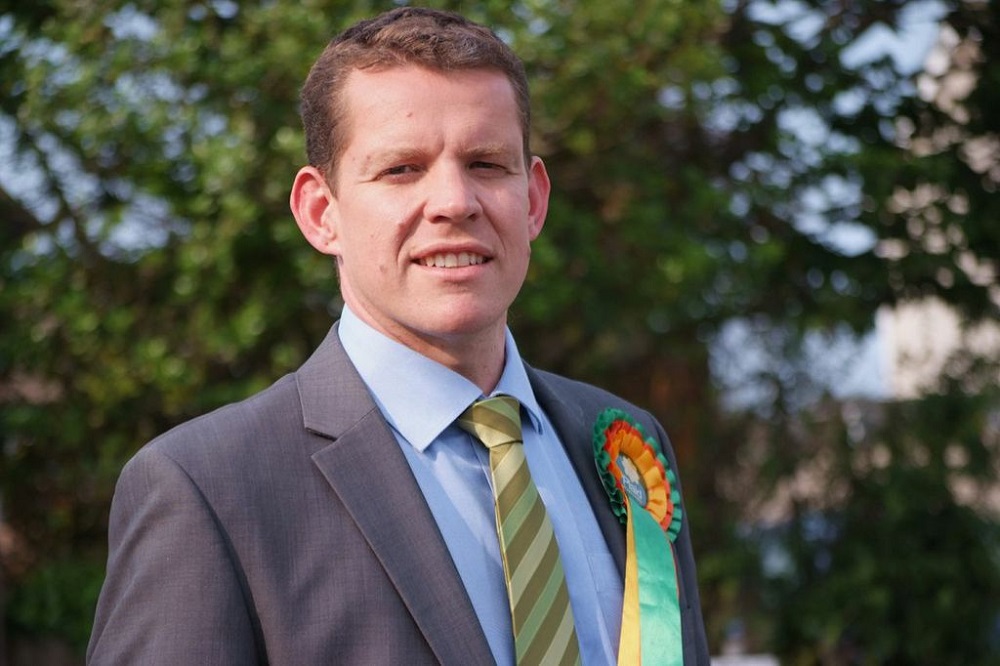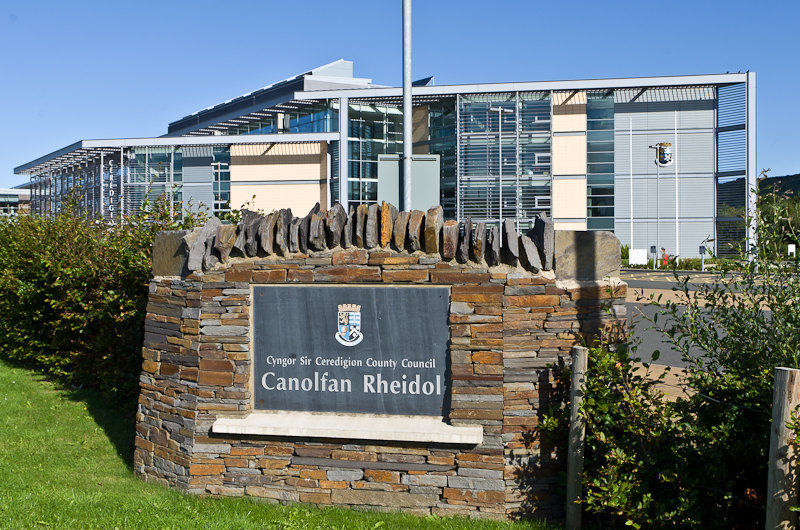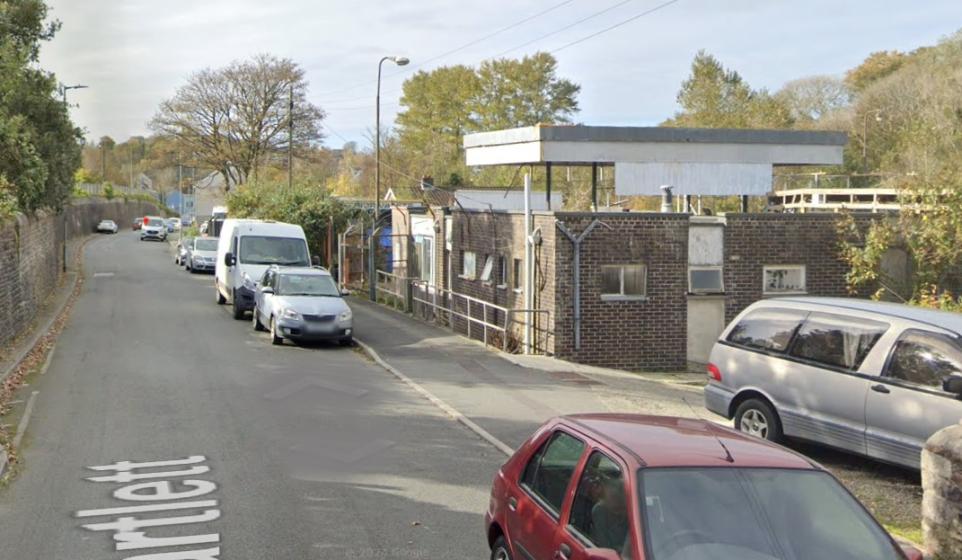News
NAHT Cymru tells politicians: Get ‘back to basics’ in supporting schools

WELSH politicians must abandon costly “vanity projects” such as changing the school year and instead help schools focus on the basics of teaching and learning, according to the school leaders’ union NAHT Cymru.
The call comes as the union launches its 2026 election manifesto at its annual conference in Cardiff today (Apr 2).
NAHT Cymru says it is giving parties early notice ahead of next year’s Senedd elections, urging them to listen to the needs of financially-stricken schools that are struggling to deliver for pupils amid rising pressures.
The manifesto sets out the key challenges facing Welsh schools and outlines what political parties must do to support teachers, school leaders and learners.
Laura Doel, the union’s Wales national secretary, and general secretary Paul Whiteman are addressing delegates at the Cornerstone venue in Cardiff. Other confirmed speakers include Education Secretary Lynne Neagle and Estyn Chief Inspector Owen Evans.
Ms Doel said: “We are urging politicians to get back to basics and help schools focus on what matters – teaching children and young people and preparing them for adulthood.
“At a time when many schools are struggling to make core budgets add up, they have increasingly been left to pick up the slack for under-resourced community services, supporting pupils facing issues from poverty to mental ill-health.
“Too much government time and energy has been wasted on vanity projects like toying with changes to the school year. Our message is clear – don’t overload schools with new initiatives unless you’re providing the support they need to do the basics well.”
A recent NAHT Cymru survey revealed that more than half of school leaders (53%) are predicting a budget deficit this academic year, with many being forced to cut essential services and staff, including teachers.
Key demands in the manifesto include:
- Fair funding: Address the findings of the Welsh Government’s 2025 funding review, end the postcode lottery in school funding, and restore financial support for small and rural schools.
- Recruitment and retention: Restore teacher and leader pay to 2010 levels after real-terms cuts and fully fund pay rises so schools can afford them.
- Wraparound services: Support local authorities to rebuild vital services such as social care and mental health, ensuring schools are not left to fill the gap alone.
- Mental health: Invest in mental health support teams, school-based counselling, and creative therapies in all education settings.
- Additional Learning Needs (ALN): Properly resource schools to meet the ALN Code or revise the code to reflect what is realistically achievable, and ensure ALN coordinators receive appropriate recognition and pay, as recommended by the Independent Welsh Pay Review Body.
- Workload reduction: Honour agreements made with unions to reduce staff workload and assess the impact of any new policies on staff pressures.
NAHT Cymru’s newly appointed president, Dafydd Jones, head teacher at Ysgol Melyd in Prestatyn, said: “Teachers and school leaders do not have sufficient funding, resources or support to focus on what matters most – teaching and supporting pupils.
“It’s time to trust the professionals, allow reforms time to bed in, and give schools the resources they need to thrive – not more political tinkering.”
Paul Whiteman, general secretary of NAHT, added: “Our school leaders in Wales and their teams are dedicated professionals who care deeply about providing the best education possible.
“But it often feels like they’re being asked to do it with one hand tied behind their backs. Their resilience is remarkable, but it’s becoming harder to sustain. We need a clear commitment from all political parties to properly fund and support schools.
Crime
Plaid attacks Reform’s new Welsh leader as ‘Farage’s deputy’ ahead of Senedd vote

Party says defecting Tories show Reform is ‘a vehicle for Westminster power, not Wales’
RHUN AP IORWERTH has launched a sharp attack on Reform UK after the party appointed a former Conservative council leader to head its Welsh operation, accusing the movement of existing solely to deliver Nigel Farage into Downing Street rather than serve Welsh communities.
The Plaid Cymru leader said Reform’s latest appointment and a string of Conservative defections prove the party is “recycled, washed-out Tories looking for a new political home” and warned voters that Wales risked becoming “a stepping stone” for Westminster ambitions.
Dan Thomas has been named Reform’s figurehead in Wales, a role Plaid has branded “Farage’s deputy”, with responsibility for building support ahead of the next Senedd election.
The move follows the defection of former Conservative Senedd member James Evans to Reform, making him the second ex-Tory MS to cross the floor.
‘Nothing to offer Wales’
Speaking ahead of a visit to businesses in Llanelli on Thursday (Feb 5), Mr ap Iorwerth said Reform’s Welsh leadership change would make little difference to voters.
“Two more ex-Tories defecting to Reform UK should come as no surprise to the people of Wales,” he said.
“Now there is no doubt that Reform UK are simply recycled Conservatives looking for a new political home.
“It doesn’t matter who Farage has selected to represent him. The so-called leader’s sole responsibility will be to get Nigel Farage into No.10 Downing Street, because for Reform, Wales is nothing but a stepping stone.”
He added that Reform was “weak on solutions, weak on ideas, and weak on standing up for Wales”, and claimed only Plaid could prevent the party topping the poll at the next election.
Poll pressure
Recent opinion polling has suggested a fragmented Welsh political landscape, with Plaid Cymru and Reform both competing strongly in parts of south and west Wales, while Labour faces losses after years in government.
Reform has sought to capitalise on frustration over NHS waiting times, the cost of living and rural economic pressures, presenting itself as an anti-establishment alternative. The party has also targeted former Conservative voters disillusioned with Westminster politics.
Plaid, meanwhile, argues that Reform offers “London-centric” policies with little understanding of devolved responsibilities such as health and education.
Controversial past
Plaid figures also pointed to Reform’s previous leadership history in Wales, noting that former MEP Nathan Gill, once associated with the party’s earlier iterations, was recently convicted in a high-profile bribery case linked to pro-Russian lobbying. Reform has since distanced itself from past controversies and says it is building a new team.
Business focus
During his Llanelli visit, Mr ap Iorwerth said he would meet local traders to discuss energy costs, staffing pressures and economic growth.
“Plaid Cymru offers new leadership for Wales with credible plans for our communities, and the ambition Wales deserves,” he said.
Reform UK has been approached for comment.
The next Senedd election is expected to take place in May, with parties already positioning themselves for what could be one of the most competitive contests since devolution began.
Local Government
Ceredigion council tax set to rise by 4.7 per cent

COUNCIL TAX in Ceredigion is expected to rise by 4.7 per cent for the next financial year, following a better-than-expected funding settlement from the Welsh Government that has eased pressure on the county’s budget.
The increase is significantly lower than earlier projections, which had suggested a rise of close to nine per cent, and comes after additional grant funding was secured for local authorities across Wales.
Last year, council tax in Ceredigion rose by 9.3 per cent as part of the 2025–26 budget.
While council tax accounts for only part of the authority’s income, a key element of its funding comes from Aggregate External Finance (AEF) provided by the Welsh Government.
Under the provisional settlement, Ceredigion County Council was initially set to receive a 2.3 per cent uplift—around £3.39m—bringing its total settlement to approximately £150.67m. This placed Ceredigion joint 13th out of Wales’ 22 local authorities.
However, following a subsequent agreement between the Welsh Government and Plaid Cymru, further funding was made available to councils, improving Ceredigion’s financial position.
Speaking last November, before the enhanced settlement was confirmed, council leader Cllr Bryan Davies warned that early estimates suggested an 8.9 per cent council tax rise might be required. Further modelling of service pressures and potential operational savings later reduced that estimate to 6.9 per cent.
The improved funding outlook was outlined to Cabinet in January by the Cabinet Member for Finance and Procurement, Cllr Gareth Davies, who proposed a 4.75 per cent increase as part of a draft budget requirement of £221.493m.
Members of the council’s Corporate Resources Overview and Scrutiny Committee heard on Monday (February 3) that the position had improved again. Additional financial support towards the Mid and West Wales Fire and Rescue Service levy has allowed the projected increase to fall slightly further, to 4.7 per cent.
For a typical Band D household, this would equate to an increase of around £7.39 per month in the next financial year.
The committee agreed to note the revised figure. A formal recommendation on council tax levels will be considered by Cabinet on February 10, with the final budget decision due to be made by full council on March 2.
Local Government
Haverfordwest Cartlett chocolate factory call to planners

A CALL for the retrospective conversion of office space previously connected to a Pembrokeshire car hire business to a chocolate factory, a beauty salon and a laundrette has been submitted to county planners
In an application to Pembrokeshire County Council, Mr M Williams, through agent Preseli Planning Ltd, sought retrospective permission for the subdivision of an office on land off Scotchwell Cottage, Cartlett, Haverfordwest into three units forming a chocolate manufacturing, a beauty salon, and a launderette, along with associated works.
A supporting statement said planning history at the site saw a 2018 application for the refurbishment of an existing office building and a change of use from oil depot offices to a hire car office and car/van storage yard, approved back in 2019.

For the chocolate manufacturing by ‘Pembrokeshire Chocolate company,’ as part of the latest scheme it said: “The operation comprises of manufacturing of handmade bespoke flavoured chocolate bars. Historically there was an element of counter sales but this has now ceased. The business sales comprise of online orders and the delivery of produce to local stockist. There are no counter sales from the premises.”
It said the beauty salon “offers treatments, nail services and hairdressing,” operating “on an appointment only basis, with the hairdresser element also offering a mobile service”. It said the third unit of the building functions as a commercial laundrette and ironing services known as ‘West Coast Laundry,’ which “predominantly provides services to holiday cottages, hotels and care homes”.
The statement added: “Beyond the unchanged access the site has parking provision for at least 12 vehicles and a turning area. The building now forms three units which employ two persons per unit. The 12 parking spaces, therefore, provide sufficient provision for staff.
“In terms of visiting members of the public the beauty salon operates on an appointment only basis and based on its small scale can only accommodate two customers at any one time. Therefore, ample parking provision exists to visitors.
“With regard to the chocolate manufacturing and commercial laundrette service these enterprises do not attract visitors but do attract the dropping off laundry and delivery of associated inputs. Drop off and collections associated with the laundry services tend to fall in line with holiday accommodation changeover days, for example Tuesday drop off and collections on the Thursday.
-

 Health7 days ago
Health7 days agoConsultation reveals lack of public trust in health board
-

 Crime17 hours ago
Crime17 hours agoSex offender jailed after living off grid in Pembrokeshire and refusing to register
-

 News2 days ago
News2 days agoPrincess of Wales visits historic Pembrokeshire woollen mill
-

 Crime6 days ago
Crime6 days agoPembroke man accused of child sex offences sent to Swansea Crown Court
-

 Health4 days ago
Health4 days agoDoctor struck off after sexual misconduct findings at Withybush Hospital
-

 Community6 days ago
Community6 days ago50s women threaten legal action over pension compensation refusal
-

 Business7 days ago
Business7 days agoEight-year prison sentence after vehicle stop uncovers drugs worth over £150,000
-

 Crime2 days ago
Crime2 days agoHakin man’s appeal delayed again as Crown Court seeks guidance on insurance law


























